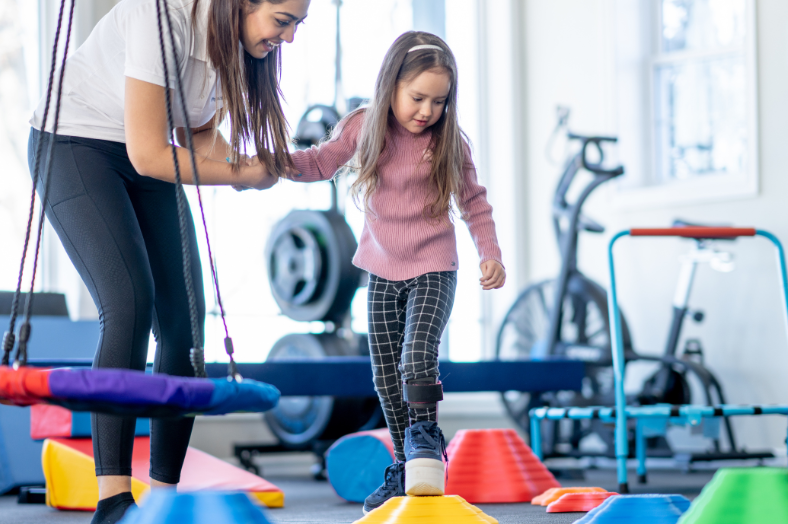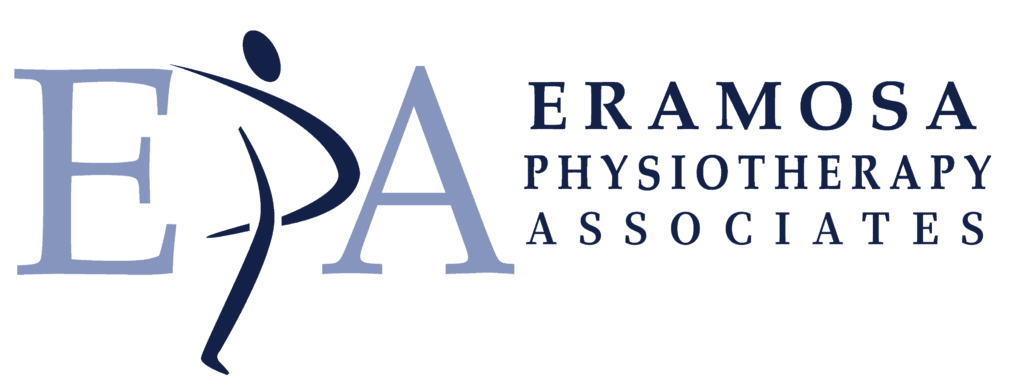Gross Motor Development


Assessment and Diagnosis:
- Developmental Milestones: PTs evaluate whether a child is meeting age-appropriate milestones.
- Movement Patterns: Analysis of how a child moves to identify any abnormalities or delays.
- Functional Abilities: Assessing how well a child performs daily activities and identifying any limitations.
Intervention and Treatment:
- Therapeutic Exercises: Tailored exercises to strengthen specific muscle groups and improve coordination and balance.
- Play-based Therapy: Engaging children in play activities that promote gross motor skills, making therapy enjoyable and effective.
- Manual Therapy: Hands-on techniques to improve joint mobility and muscle flexibility.
- Balance and Coordination Training: Activities designed to enhance a child’s ability to maintain balance and coordinate movements.
- Gait Training: Helping children develop proper walking patterns.
- Postural Control Exercises: Activities to improve the ability to maintain an upright posture.
Education and Support:
- Parental Guidance: Educating parents on how to support their child’s development at home, including specific exercises and activities.
- Adaptations and Equipment: Recommending and sometimes providing adaptive equipment (e.g., braces, walkers) to aid in mobility and independence.
- Referral to Other Health Care Providers: Refer families to other healthcare providers that may be able to offer further assistance for areas outside of physiotherapy scope of practice ie) feeding therapy with an Occupational Therapist.
Monitoring and Progressing Evaluation:
- Regularly tracking a child’s progress and making necessary adjustments to the therapy plan.
- Collaborating with other healthcare professionals (e.g., pediatricians, occupational therapists) to ensure comprehensive care.


